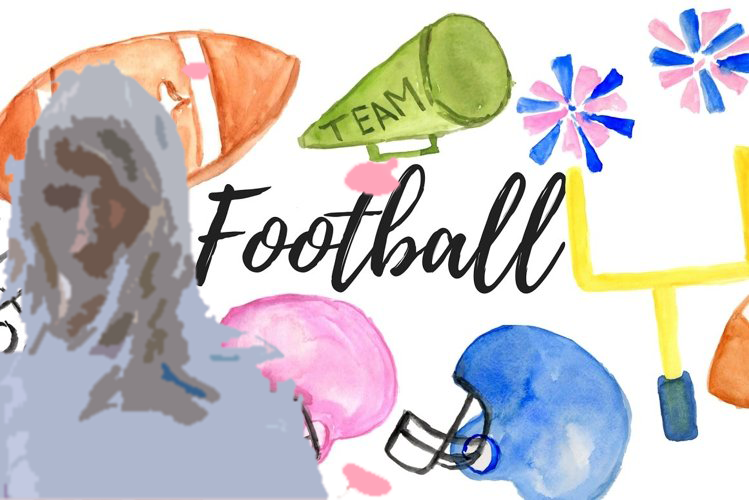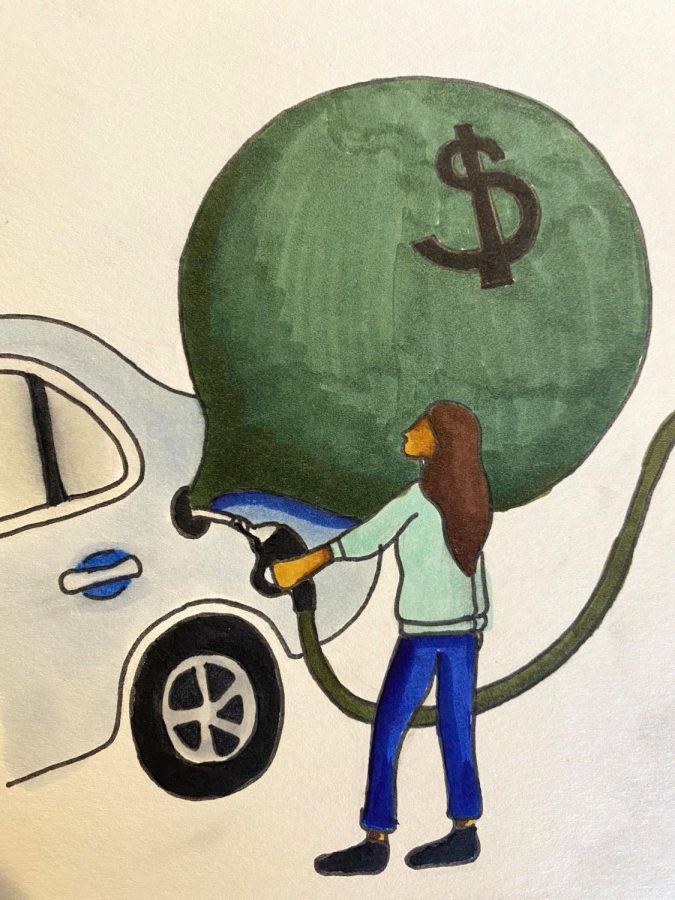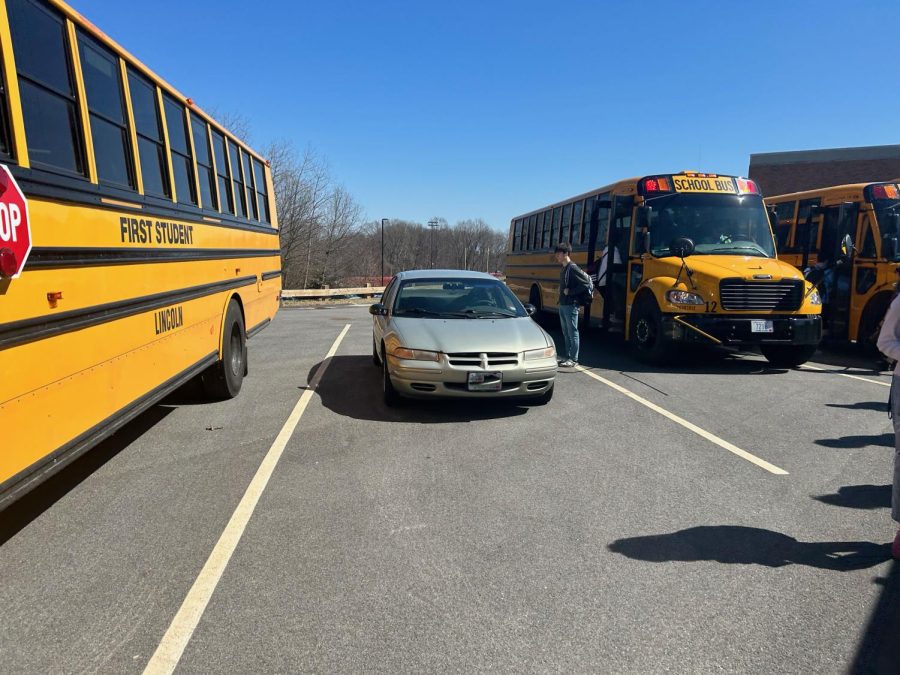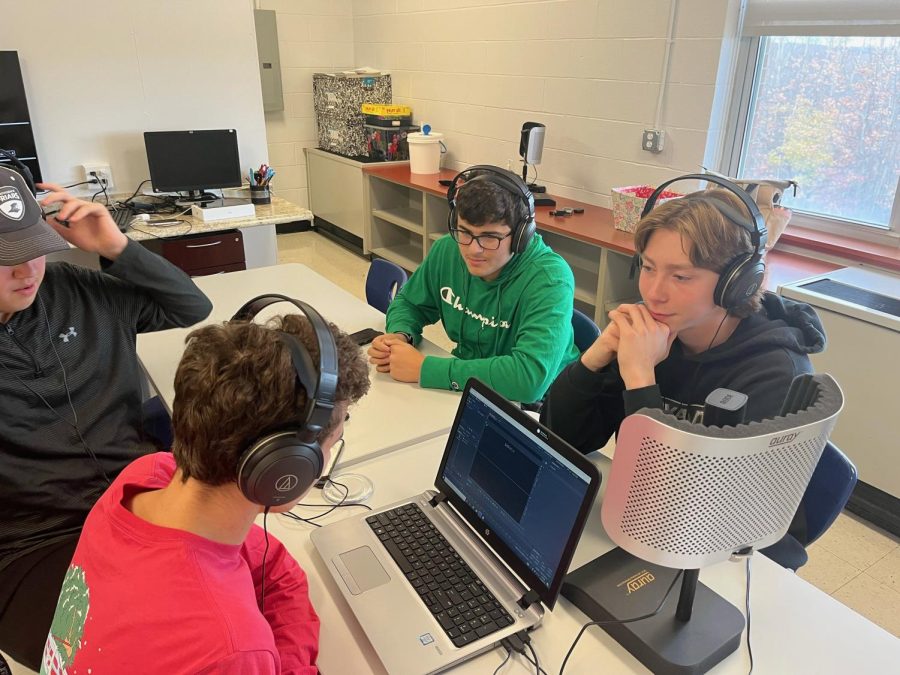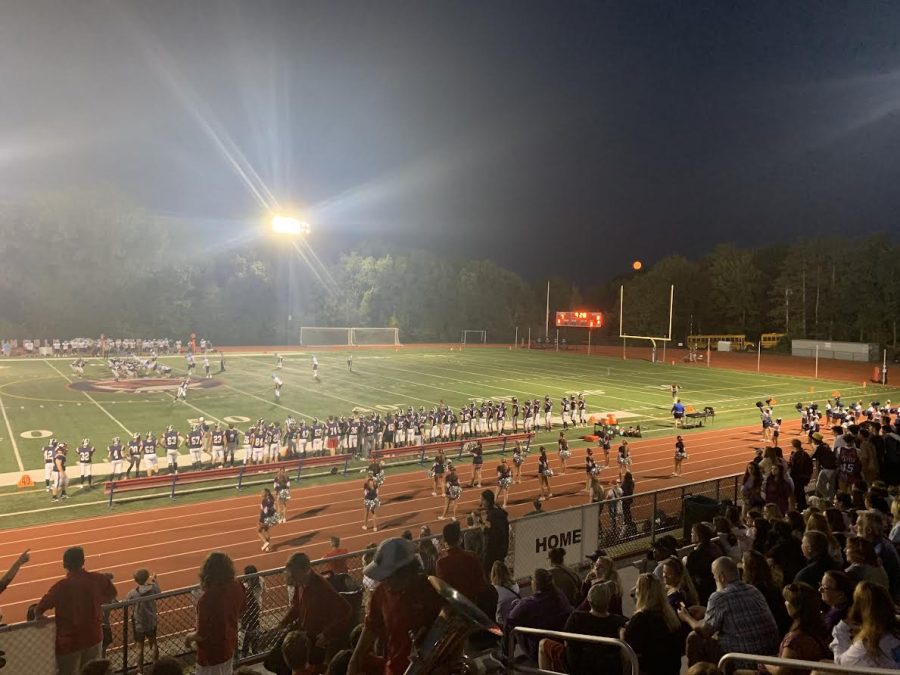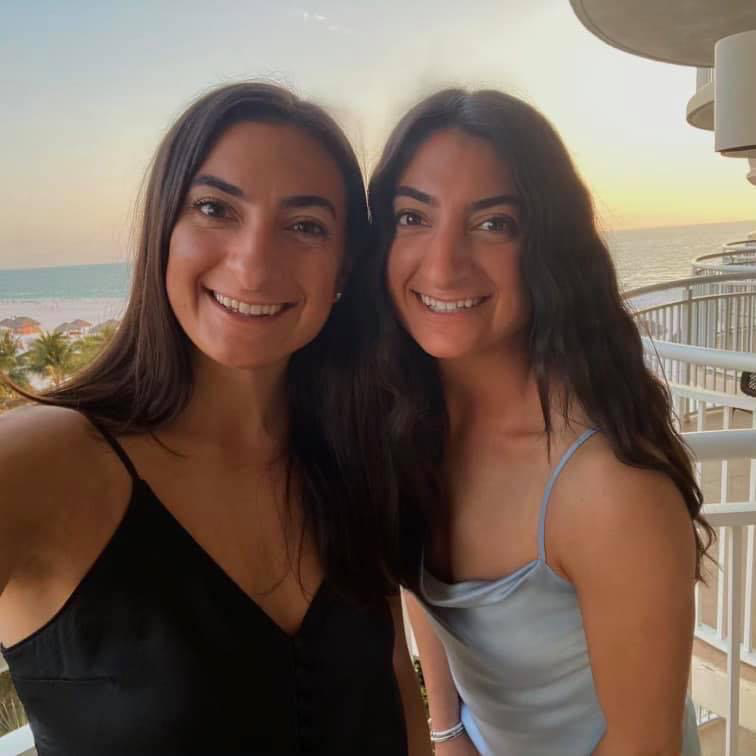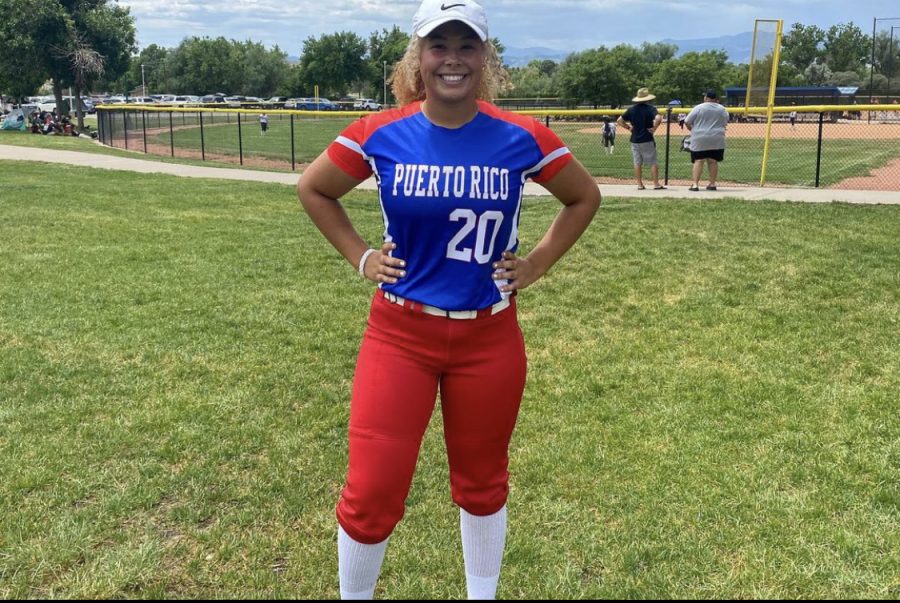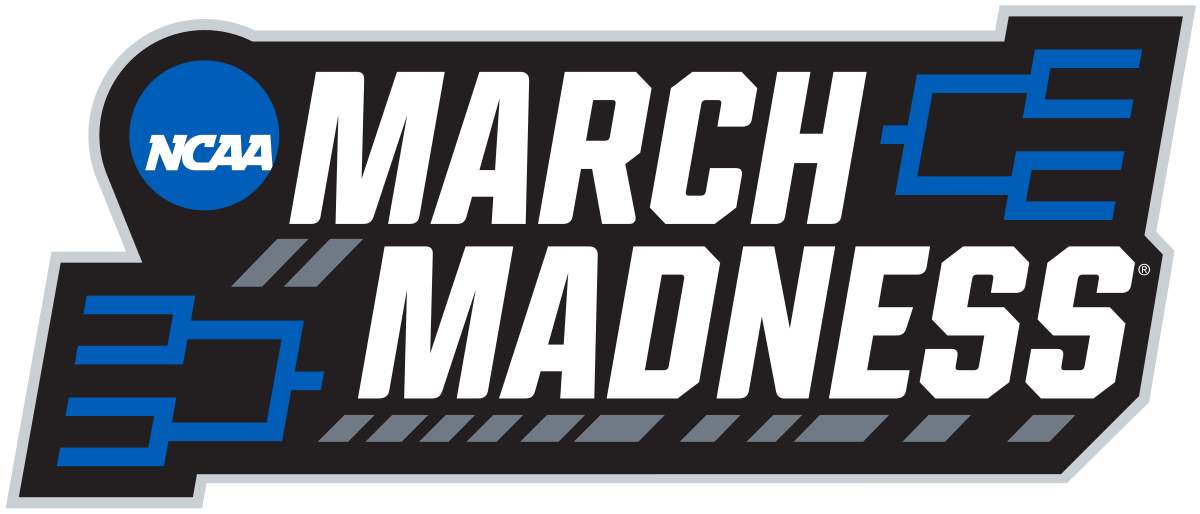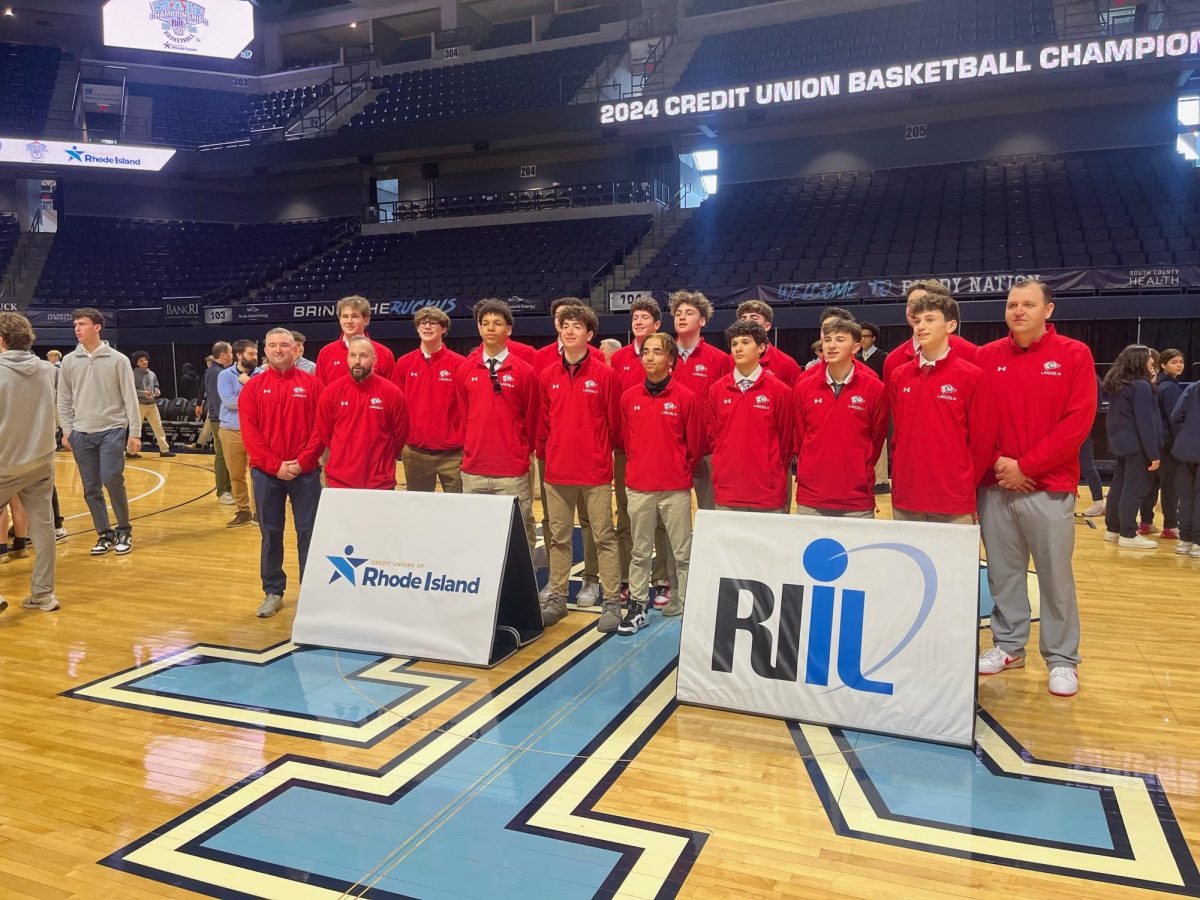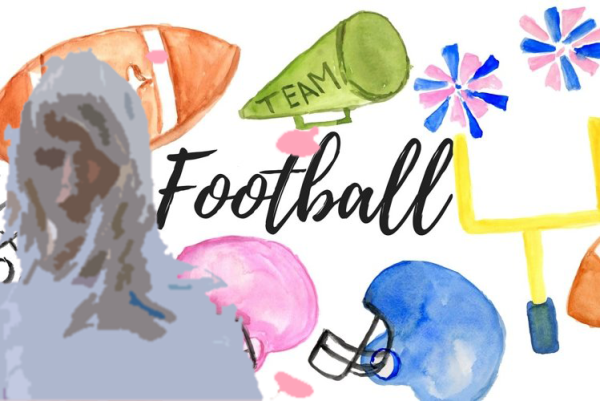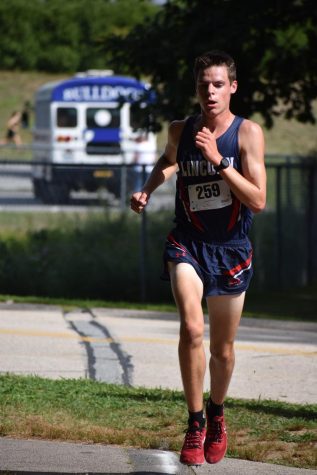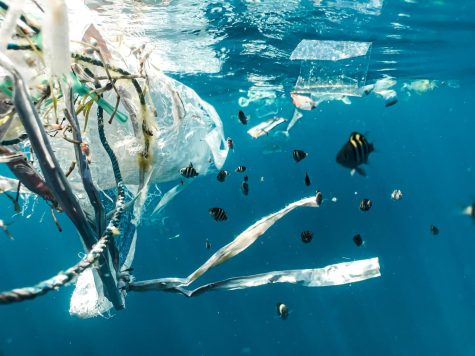We Will Graduate. And Then What Happens?
Our School’s Vision For Your Future
November 12, 2021
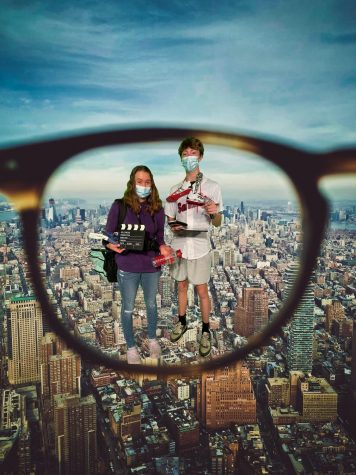
We are all going to leave, eventually. So what happens after high school?
Some students will go to college, others directly into the workforce, and some may choose different paths. But will we all be ready for the world?
Educators decided long ago that there were certain subjects we needed to succeed. These areas of study are designed to prepare students for the future, no matter what is in the stars.
So we all earn required credits by completing four years of English classes, mathematics, three science, two social studies, one US history, two physical education and health, a half year of civic responsibility and fine arts, and six electives. Students also need to demonstrate proficiency through the exhibition requirement, another half-year course. These studies are the definition of “what students need” but do they really prepare students for their future endeavors?
Lincoln High graduates are the final testament to the 13 years of education provided through its public schools. The goal is to groom graduates that represent Lincoln High School well with pride.
“Vision of a Graduate,” a committee composed of students, parents, staff, and representatives, is dedicated to an intensive self-study on how the school system can better serve the future interests of graduates. The goal is to give all students, on all pathways, the tools they need to succeed in the adult world.
So how are they doing this? The large committee has spoken to members of the community, including leaders in business, to current students, parents, educators and past graduates. Through multiple interviews and surveys, the committee is gathering data that will help LHS focus on the real world needs of students.
This work, according to members of the committee, has been ongoing for many years, and has inspired changes as evidenced from the many differences in the experiences of students who graduated a decade ago, compared to those who are graduating this year.
The committee found that after graduation.55.9% of Lincoln High School alumni earned a bachelor degree while nearly 18% went on to earn a master’s degree and 1.7% chose military service or trade school.
On a scale from 1-5 (with five being the highest), students were asked how prepared they felt after high school. More than 38% responded with 5, feeling extremely prepared and 42.4% said 4, indicating that more than 80% of former grads felt well prepared for the future. The survey also indicated that 14.4% chose to rate their level of preparedness with a 3, 5.1% said 2. No respondents chose 1, meaning not feeling prepared at all.
Many of the respondents indicated that some of the skills they feel are needed on the high school level include financial literacy, media literacy, and basic career and work-ready skills, many of which are now addressed in significant ways through the school’s CTE programs. Alumni also indicated that LHS helped them develop as strong writers and communicators, but, as one respondent said, students need to learn how to pay their income taxes too.
“Lincoln has helped me narrow down the colleges I was considering in order to help me find one that will fit my needs,” said current senior Kane Davies. “I didn’t feel a lot of pressure to succeed in high school, but I don’t think Lincoln had anything to do with that.”
Lohith Chatragadda is at the top of the senior class. “Contrary to popular belief, I don’t feel a lot of pressure in high school,” he said.. “I would have put in the same amount of effort that I did even if grades were not involved. I just like putting in the effort and doing things well. If something goes wrong, it’s not really a big deal because my motivation to do well is innate, and there’s no real pressure.”
Mr. Conor McCloskey, PBGR coordinator, helps to guide students to graduation day. “Lincoln High School aims to produce students that are career and college ready by providing students with access to high-quality curriculum, instruction, and assessment,” he said.“Students are prepared to excel in the future through their ability to participate in various applied learning tasks, career and technical education programs, authentic classroom experiences, athletic competitions, and artistic opportunities.”


